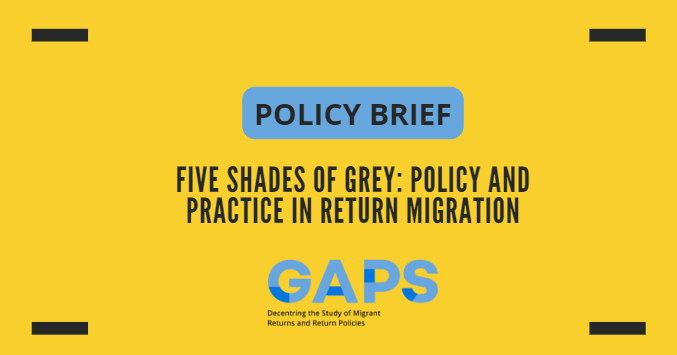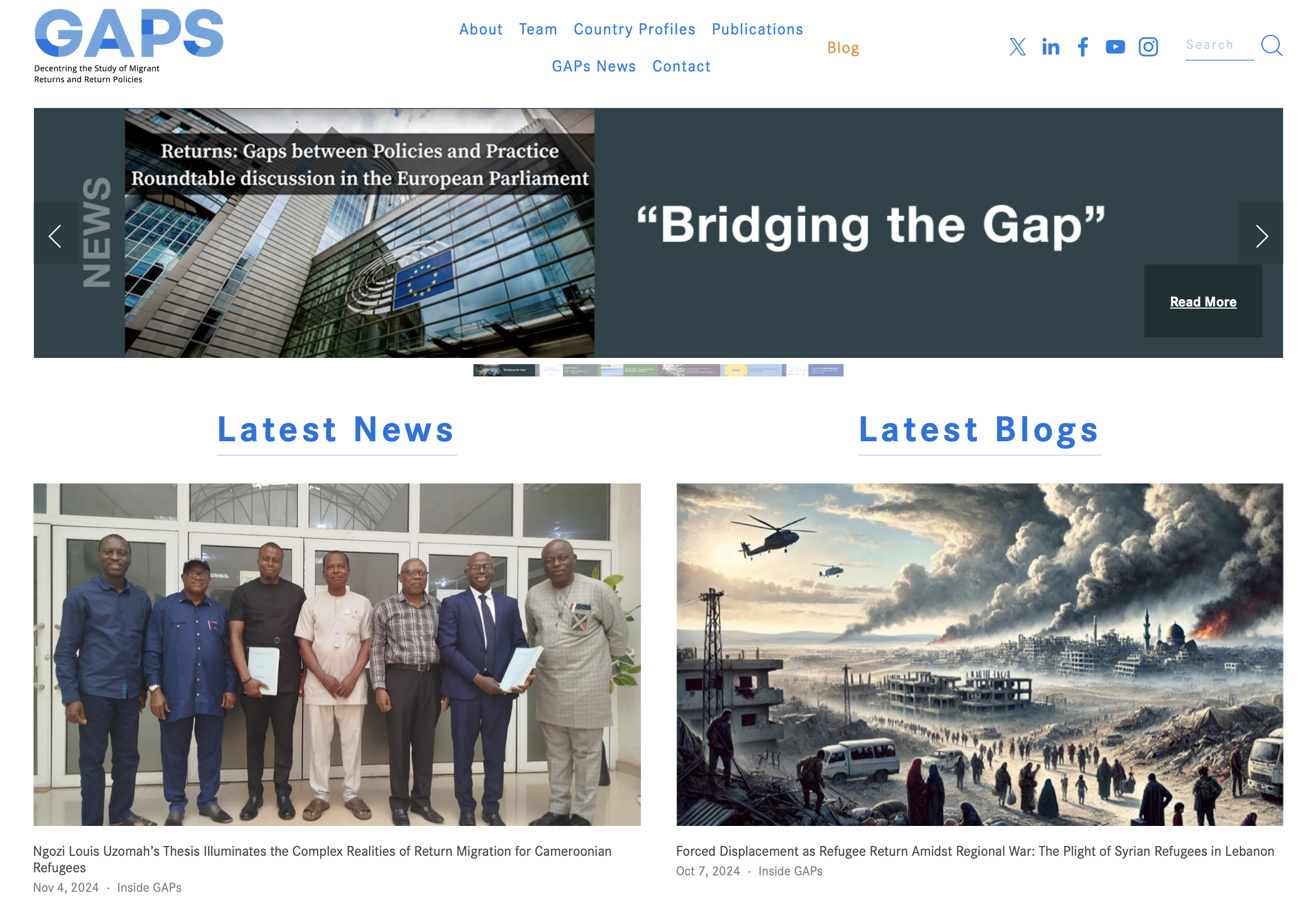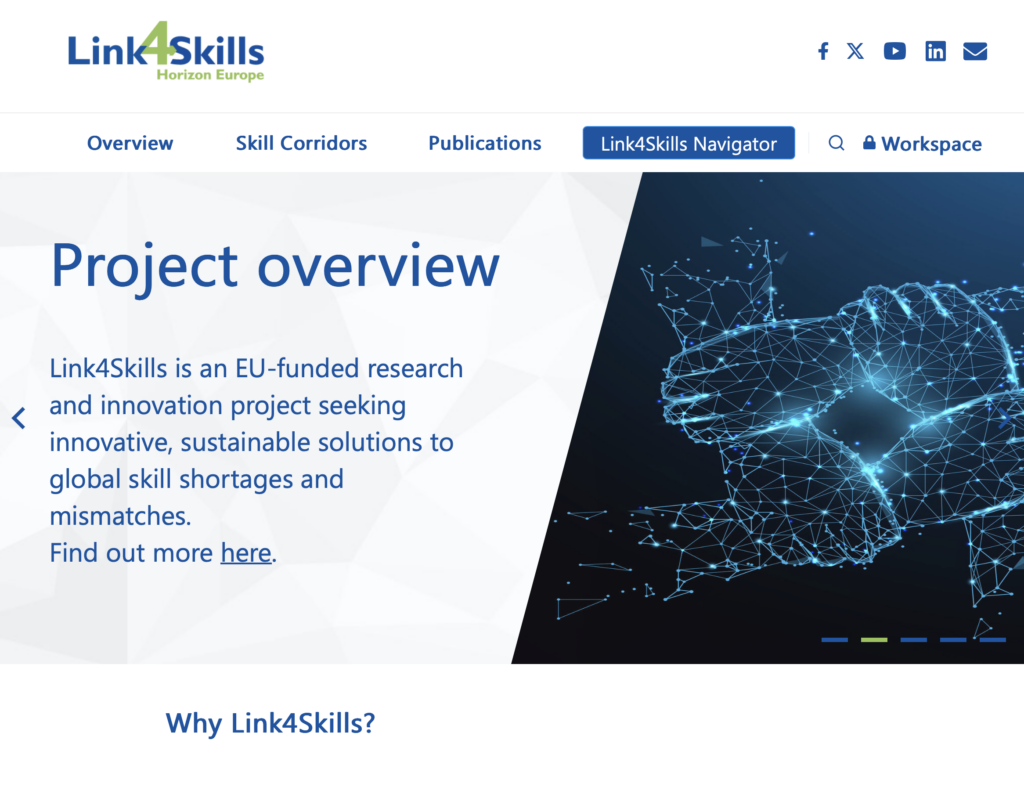Five Shades of Grey: Policy and Practice in Return Migration
Terry Martin – Science-Policy Interface Agency
September 2024

Executive Summary
This policy brief is the result of a meticulous analysis of the key findings in country dossiers (Germany, Greece, Poland, Sweden, and the Netherlands) and the Horizon Europe GAPs project – WP2 Comparative Report 1 on Legal and Policy Infrastructures of Returns in the EU. The country dossiers systematically examine regulations, policies, and statistics on the return and readmission in each country, relying on legislative documents, reports, and other relevant secondary literature. The comprehensive comparative report compares the return policies of these five countries, along with the examination of fundamental statistics, key political developments and legislations at the EU level, and the analysis of the institutional frameworks. The policy brief, a culmination of this thorough analysis, presents critical policy-related insights from the project and provides recommendations.

